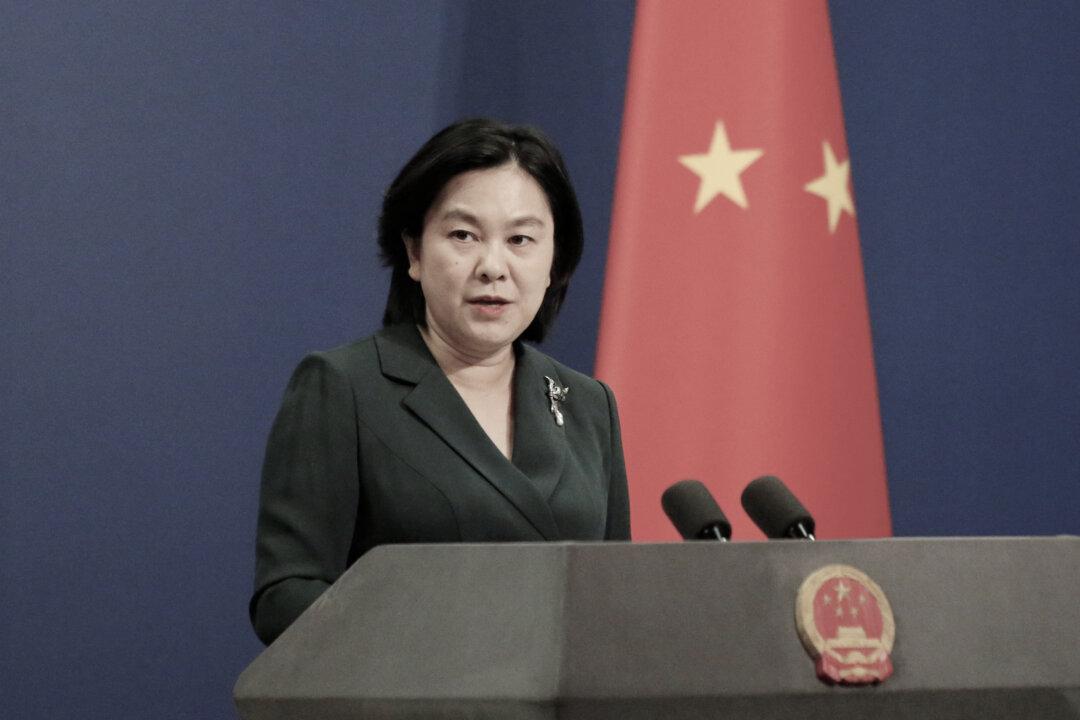The Chinese regime has, to its own detriment, chosen to reaffirm—not apologise for—a “repugnant” tweet by a top official that has inflamed relations with Australia.
The tweet may have “demonstrably weakened” Beijing in the eyes of the world, according to Simon Benson, the national affairs editor at News Corp’s The Australian.





